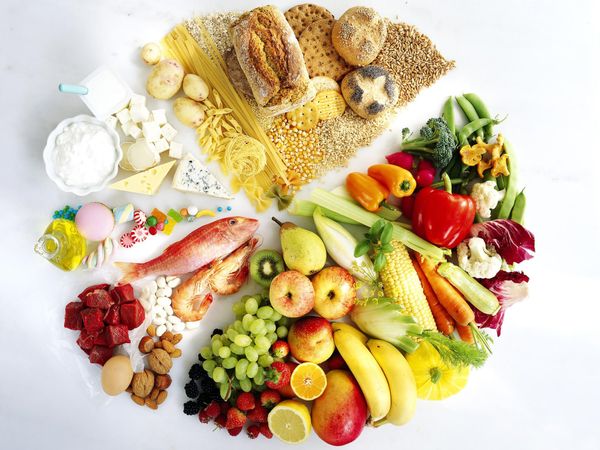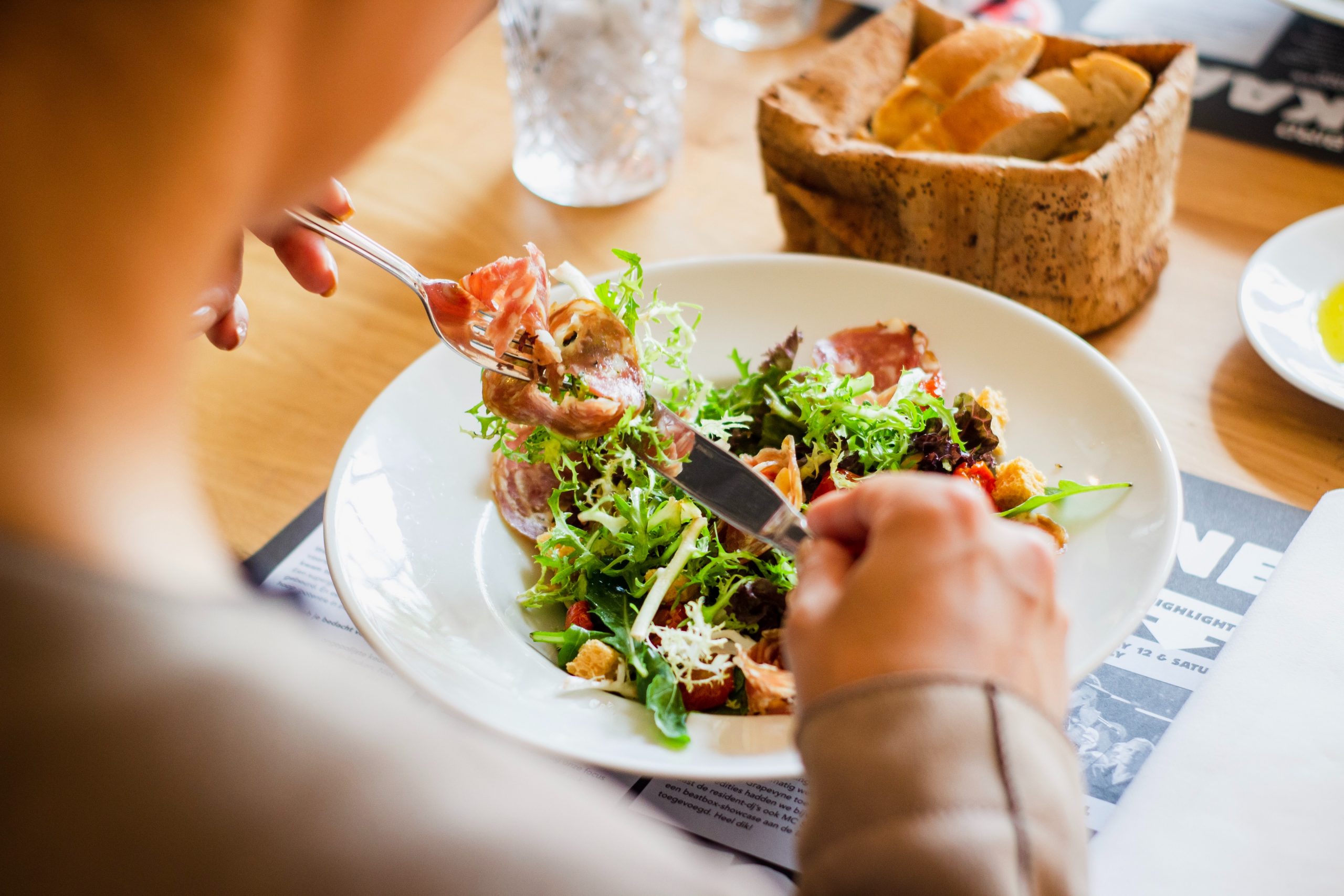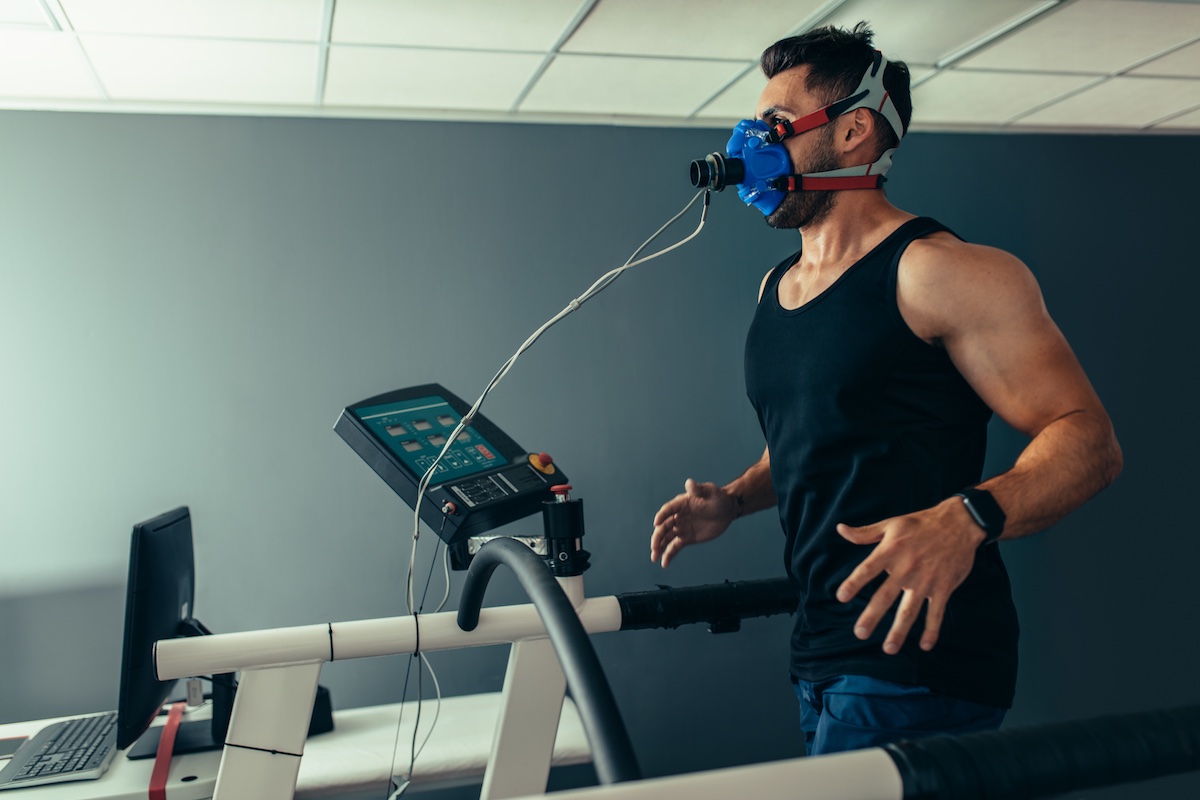If there’s a single message every diet plan agrees on, it’s the importance of increasing protein consumption.
Proteins are the building blocks of our cells, tissues and organs, constantly being broken down and replaced in order to maintain our skin, muscles and more importantly our bones.
A high protein diet can help curb your hunger, helping you lose those extra kilos. However, calories are always counting so picking the right protein is essential.
Here’s a guide to some of the top high-protein foods, which are surprisingly delicious.

1. Almonds
One of the more popular nuts, almonds are rich in proteins and nutrients such as vitamin E, omega 3 fatty acids and dietary fibres. Being high on protein, they keep you full much longer. The rich manganese content helps to strengthen bones and regulate blood sugar.
Almonds soaked in water over night are a healthier option, as the brown peel is known to inhibit nutrient absorption and once it’s off nutrients are released freely.
The easiest and most nutritious source of protein would definitely be the omelet you consume for breakfast. Whole eggs are loaded with vitamins, minerals, healthy fats and anti-oxidants that people don’t eat enough of. The most pure protein comes from the egg whites.
1 egg contains 6 grams of protein.
3. Milk
Milk, especially low fat or skim milk, contains high-quality protein and can be highly nutritious for people who can tolerate it. For adults who are lactose intolerant, alternative solutions to milk consumption could be soy milk, made from rich in protein soybeans. Milk is specifically rich in calcium, vitamin B2 and phosphorous.
1 cup of whole milk contains 8 grams of protein. Skim milk contains 8.4 grams.
4. Cheese
There are a number of cheeses that contain high levels of protein but at the same time don’t increase your calorie intake. Cottage cheese is one of the most common examples of low fat and low calorie dairy products. It is filled with calcium, phosphorous, vitamin B12, selenium and other nutrients. Other examples of protein rich cheeses, include swiss cheese, mozzarella, parmesan and cheddar.
1 cup (226 g) of cottage cheese contains 27 grams of protein.
5. Oats
Primarily a breakfast option, oats are the most fibrous and nutrient rich grains today. Available in a variety of flavours, oats contain magnesium, thiamin or vitamin B1, manganese and healthy fibres.
Half a cup of oats contains 13 grams of protein.
6. Greek Yogurt
Found on every food blogger’s breakfast bowl recipe, Greek yogurt has risen to popularity as a healthy alternative to milk consumed with cereal. Also known as strained yogurt, it is thick and creamy in texture, containing high nutritional value.
Non-fat Greek yogurt (170 grams) contains 17 grams of protein.
7. Quinoa
The healthiest replacement for rice, Quinoa is a trending grain high in vitamins, minerals, anti-oxidants and fibres. It has a large number of health benefits, being rich in protein and containing all 9 essential amino acids.
One cup of cooked quinoa (185 g) contains 8 grams of protein.
8. Lentils
One of the world’s healthiest foods, lentils are a type of legume, easily available and quick to cook. Lentils are considered one of the best sources of plant-based protein, a good replacement for meat in a vegetarian diet. Lentils are rich in magnesium, fibre, potassium, copper, iron, folate and manganese, to name a few.
1 cup (198 g) of boiled lentils contains 18 grams of protein.
9. Kidney Beans
Another common type of legume is the kidney bean. An important crop food, it is also considered a major source of protein globally. Used in a variety of dishes, kidney beans are usually consumed well cooked. Though composed largely of carbs and fibre, the protein content is pretty high as well.
100 grams of kidney beans (cooked/boiled) contains 8.7 grams of protein.
10. Fish
Apart from Tuna, all types of fish are extremely healthy and hence many vegetarians (relatively flexible) prefer to consume fish for their daily protein. Fish is high in crucial nutrients and vitamin D, as well as the best source of omega-3 fatty acids, important for the body and brain. Protein content depends on the type.
11. Pumpkin Seeds
Today, it is common to find different edible seeds being included in salad and cereal bowls. Pumpkin seeds are a type of seed, popular for their taste and incredible high nutrient content. These seeds are high in iron, magnesium and zinc. Other seeds high in protein include flax seeds, sunflower and chia seeds.
A 28 gram serving contains 5 grams of protein.
12. Peanuts
The common mid-day snack, peanuts are incredibly delicious and also available in a variety of options from boiled to roasted. Peanuts are rich in magnesium, protein and fibre, contributing immensely to weight loss diet plans. One of the major commercial products made from peanuts is peanut butter, which is consumed globally as a source of protein.
28 grams contains 7 grams of protein.
Lastly… As you can see, there are plenty of ways your protein can be refilled throughout the day, with a variety of delicious options available. The recommended daily intake is 46 grams for females and 56 grams for men, though many experts say we require loads more. There’s nothing like too much protein- so start preparing today!
Source : https://www.gulf-times.com/story/639072/Don-t-forget-these-high-protein-foods-in-your-diet
More on Nutrition & Weight Loss






Leave A Comment
You must be logged in to post a comment.